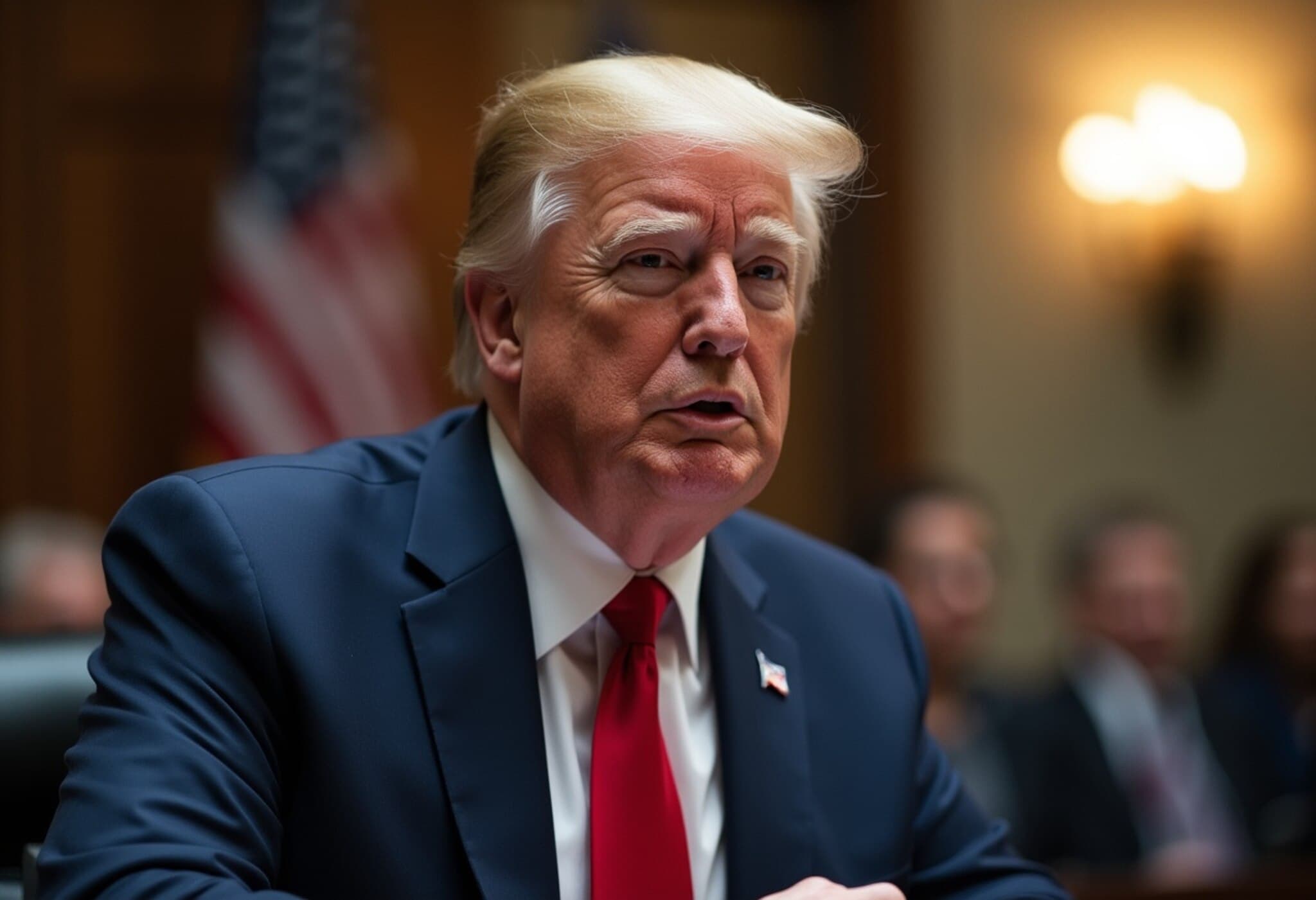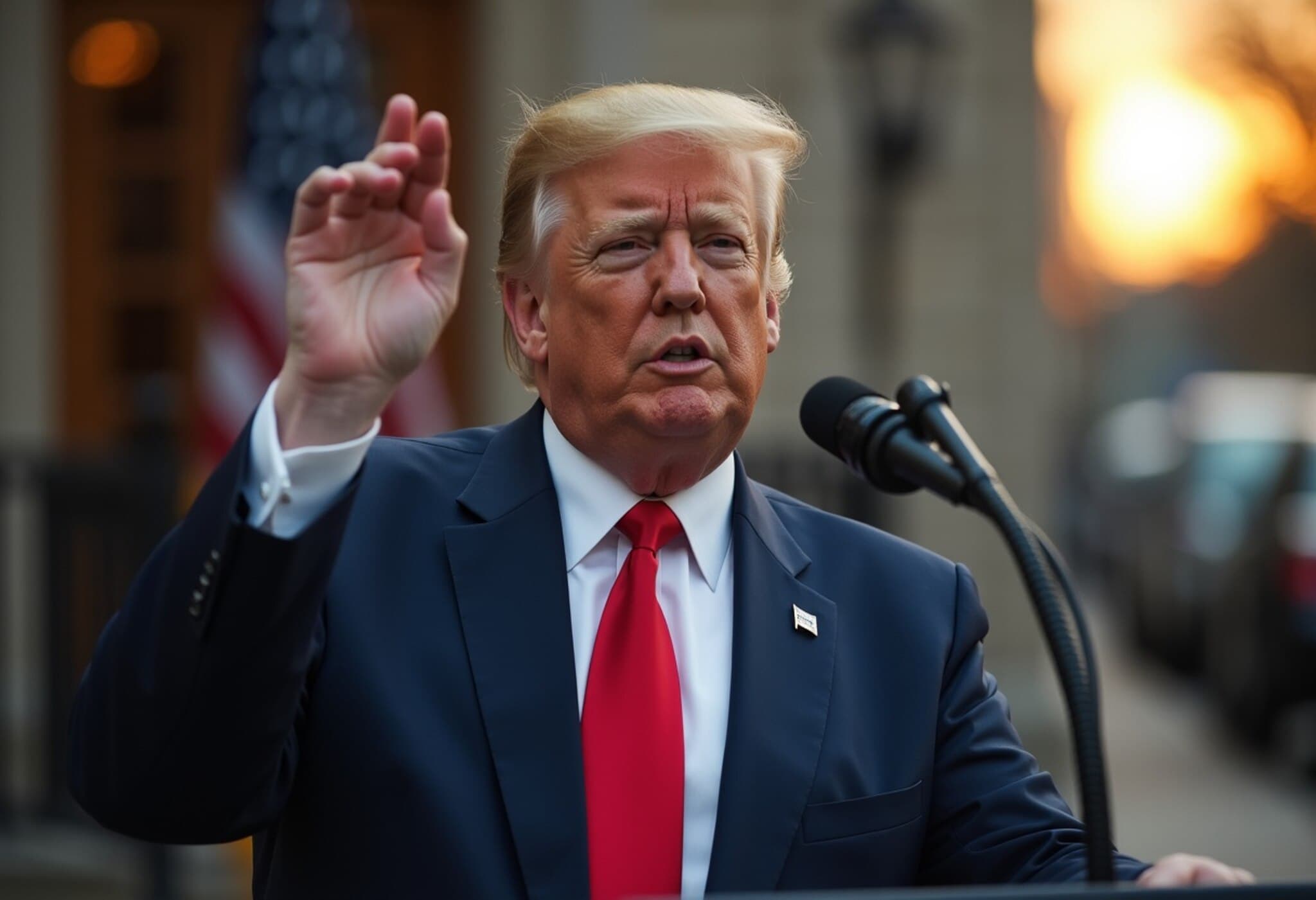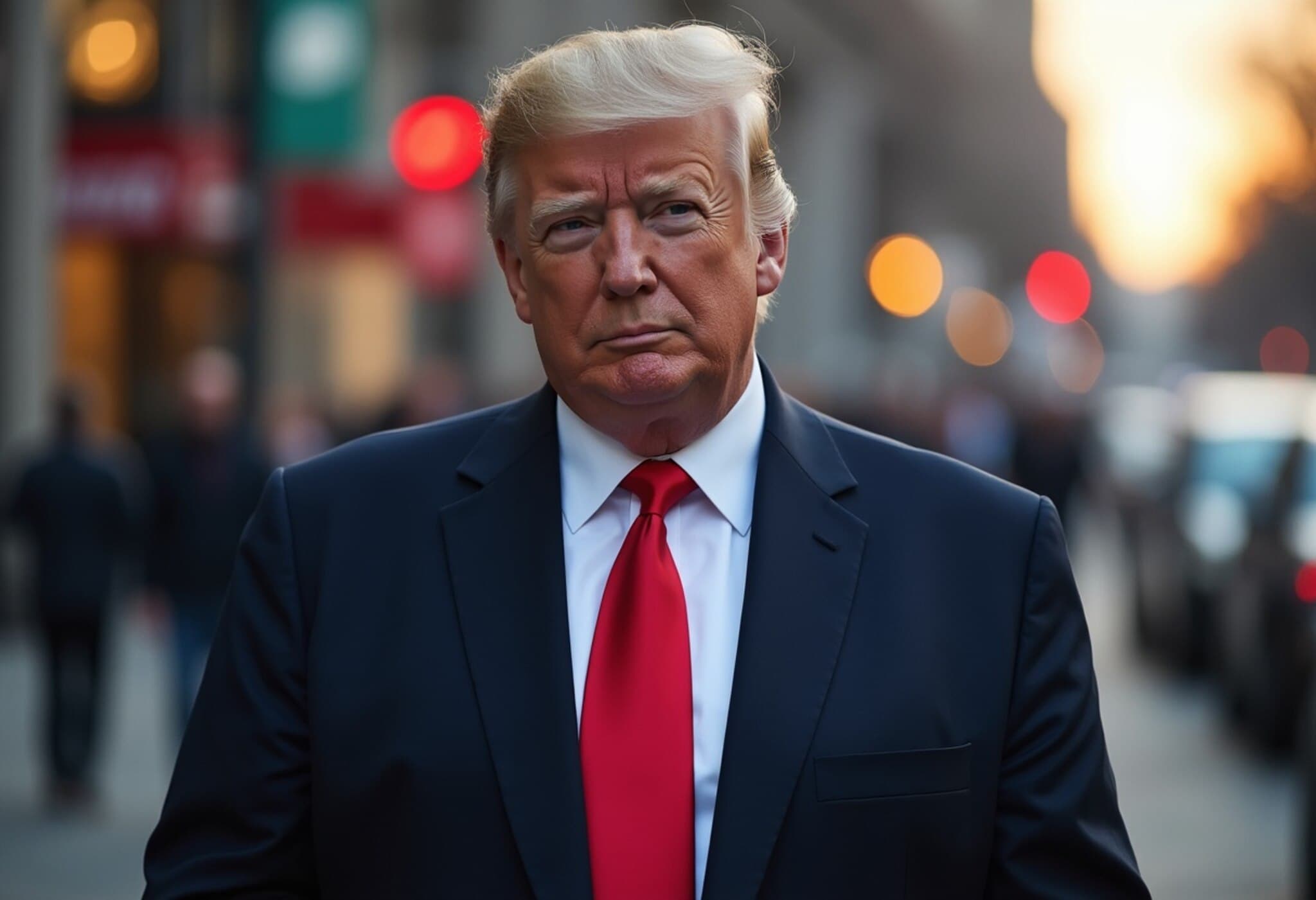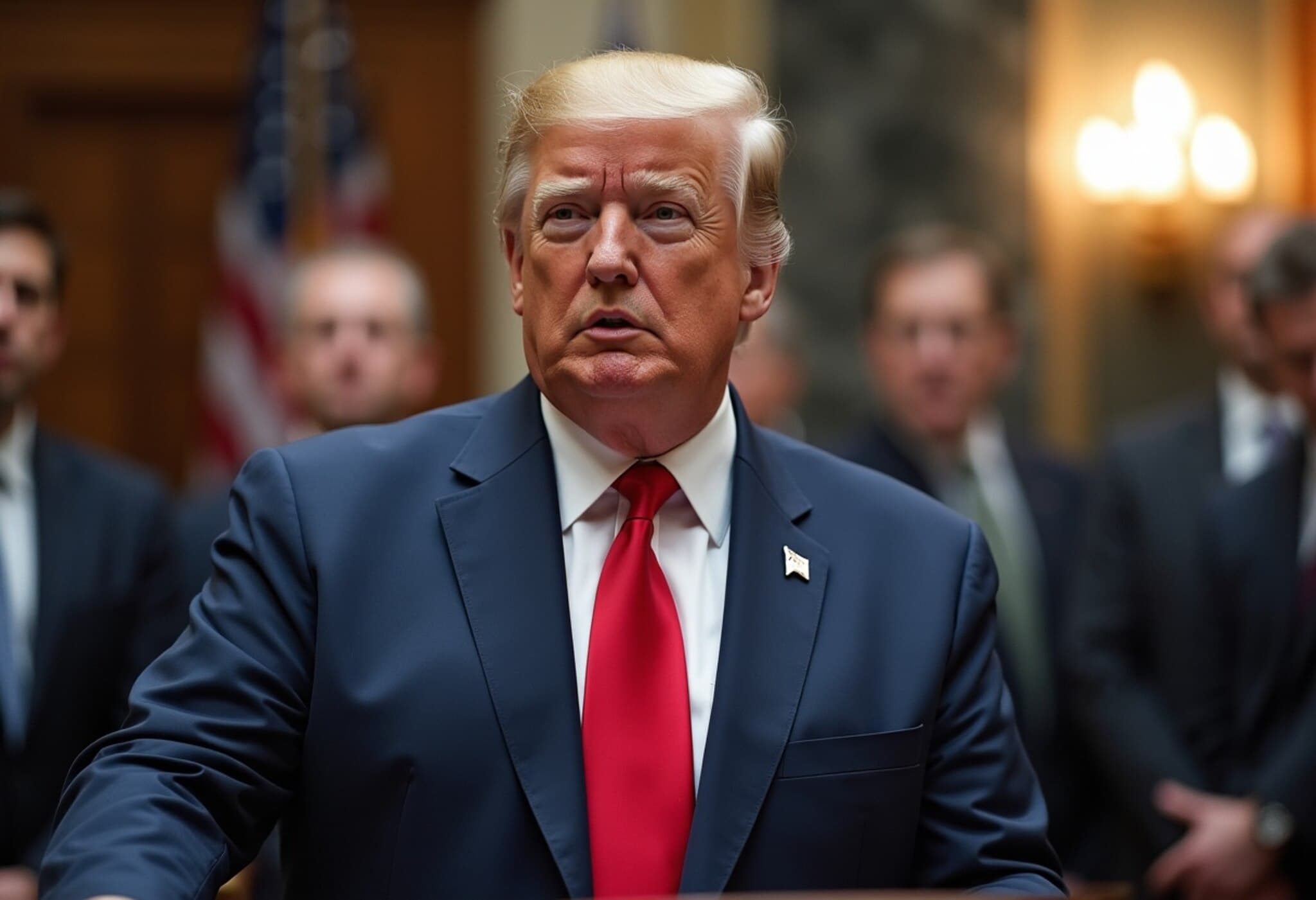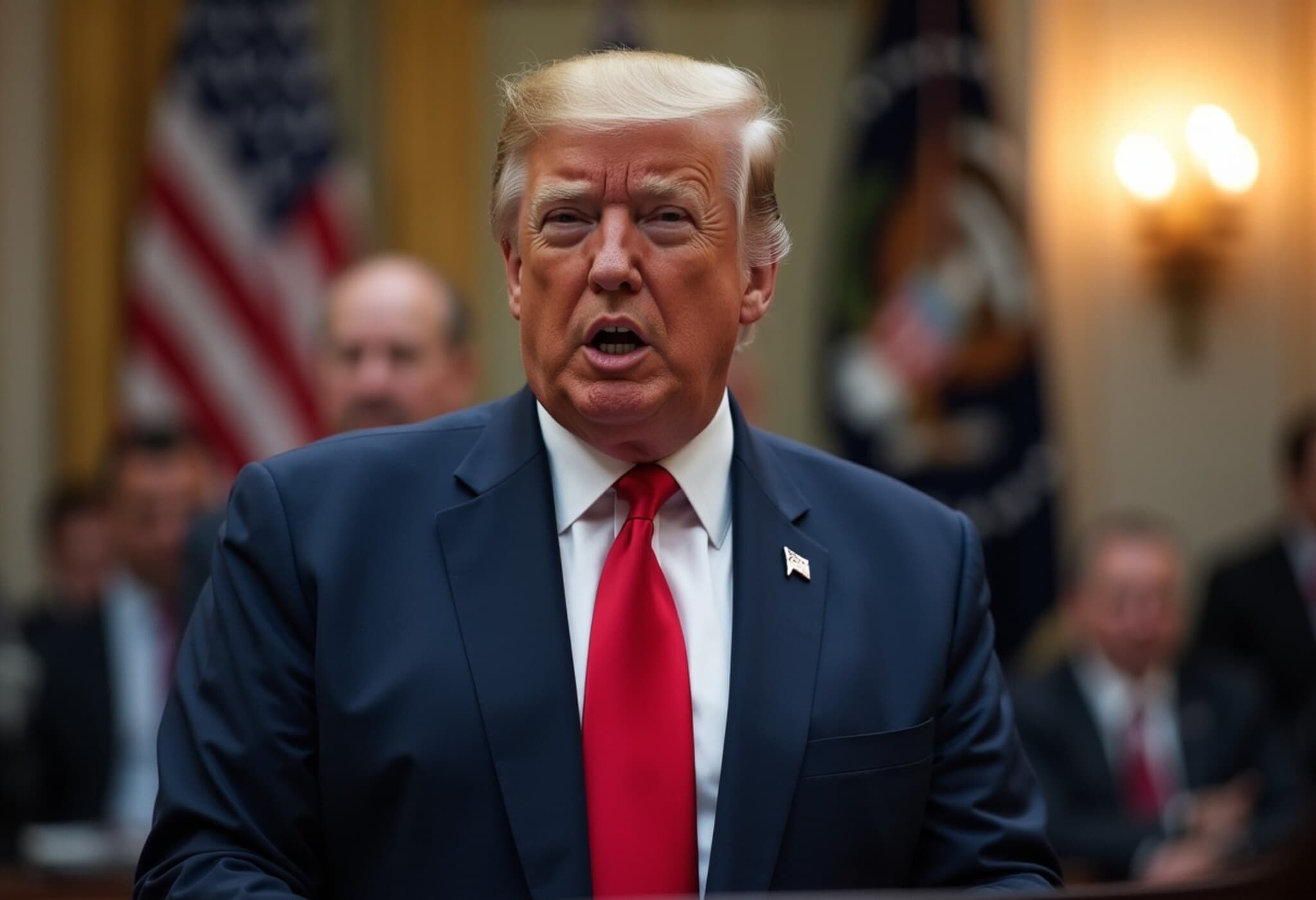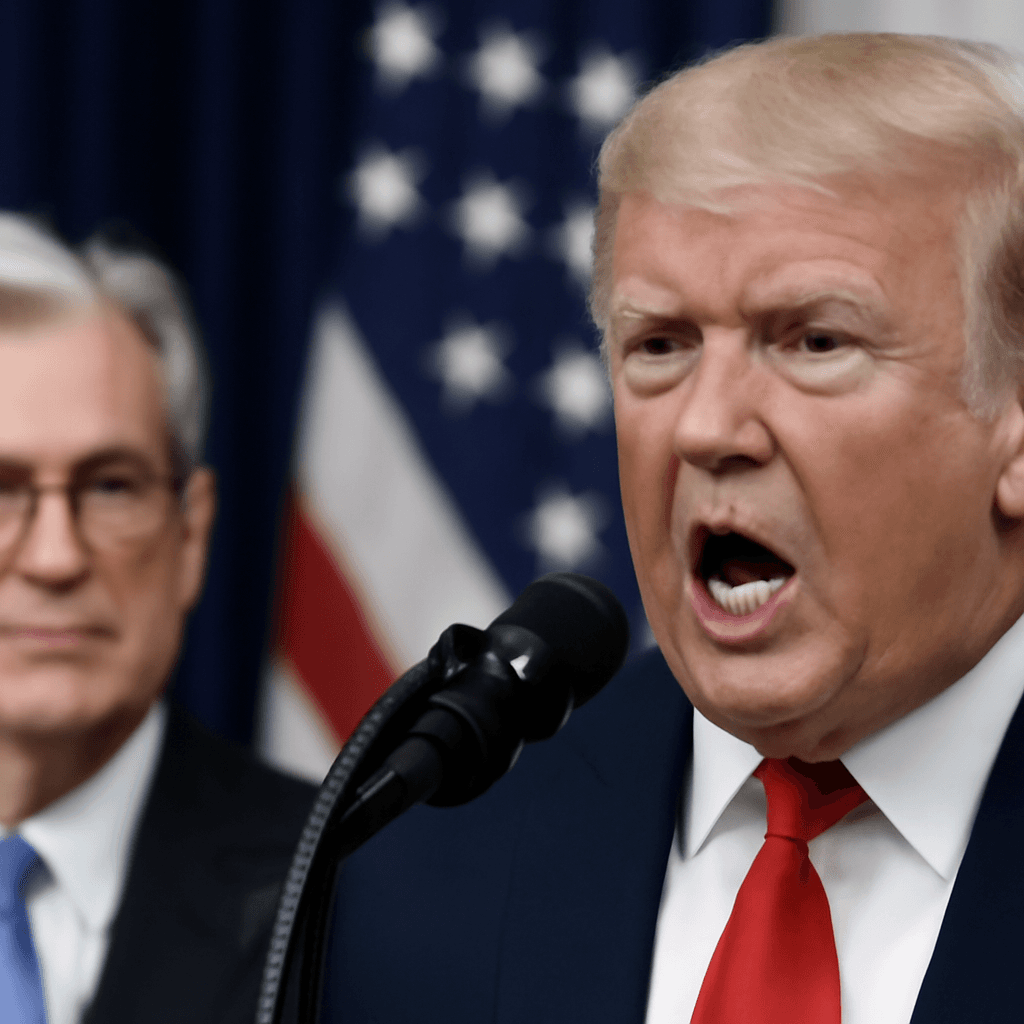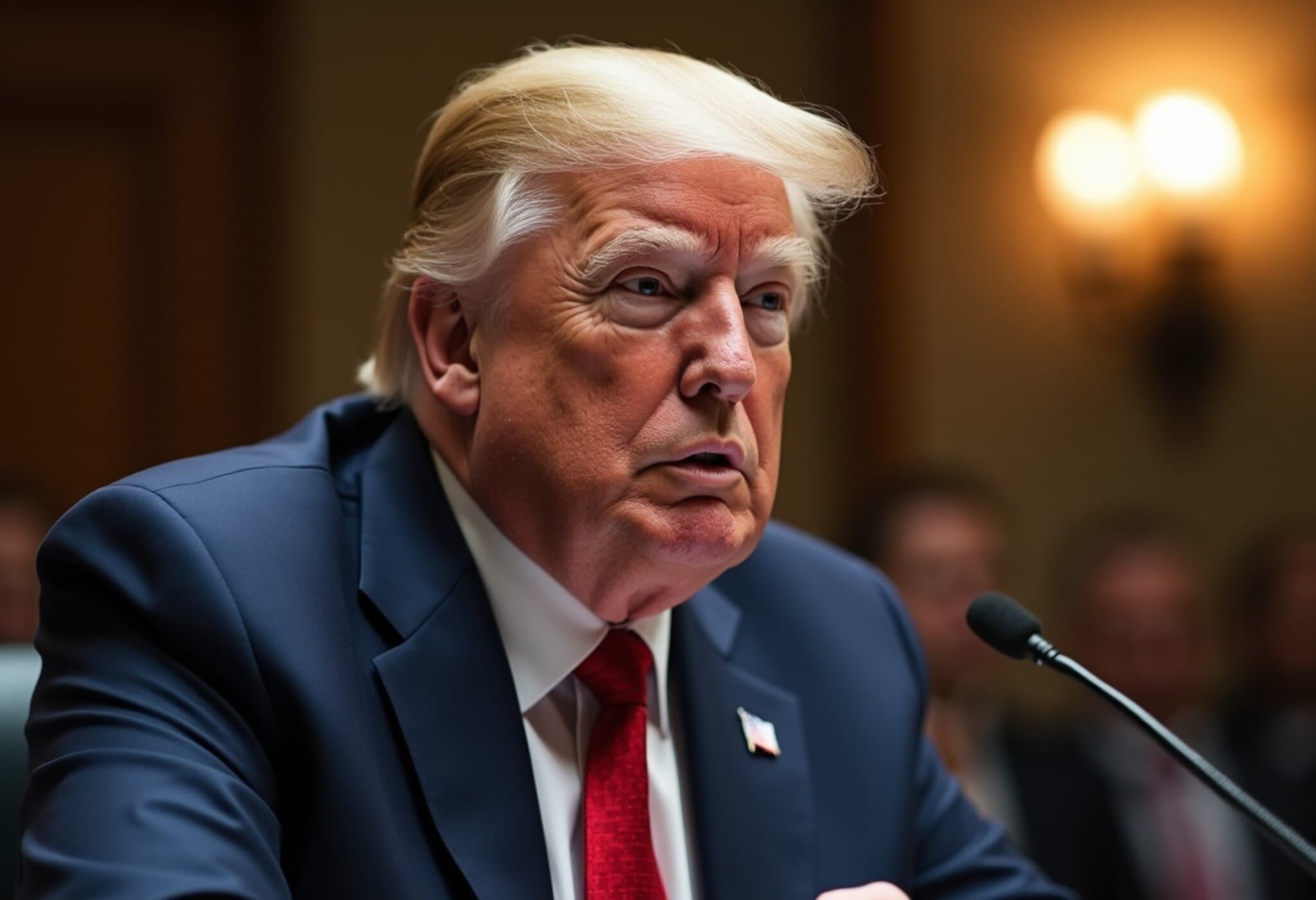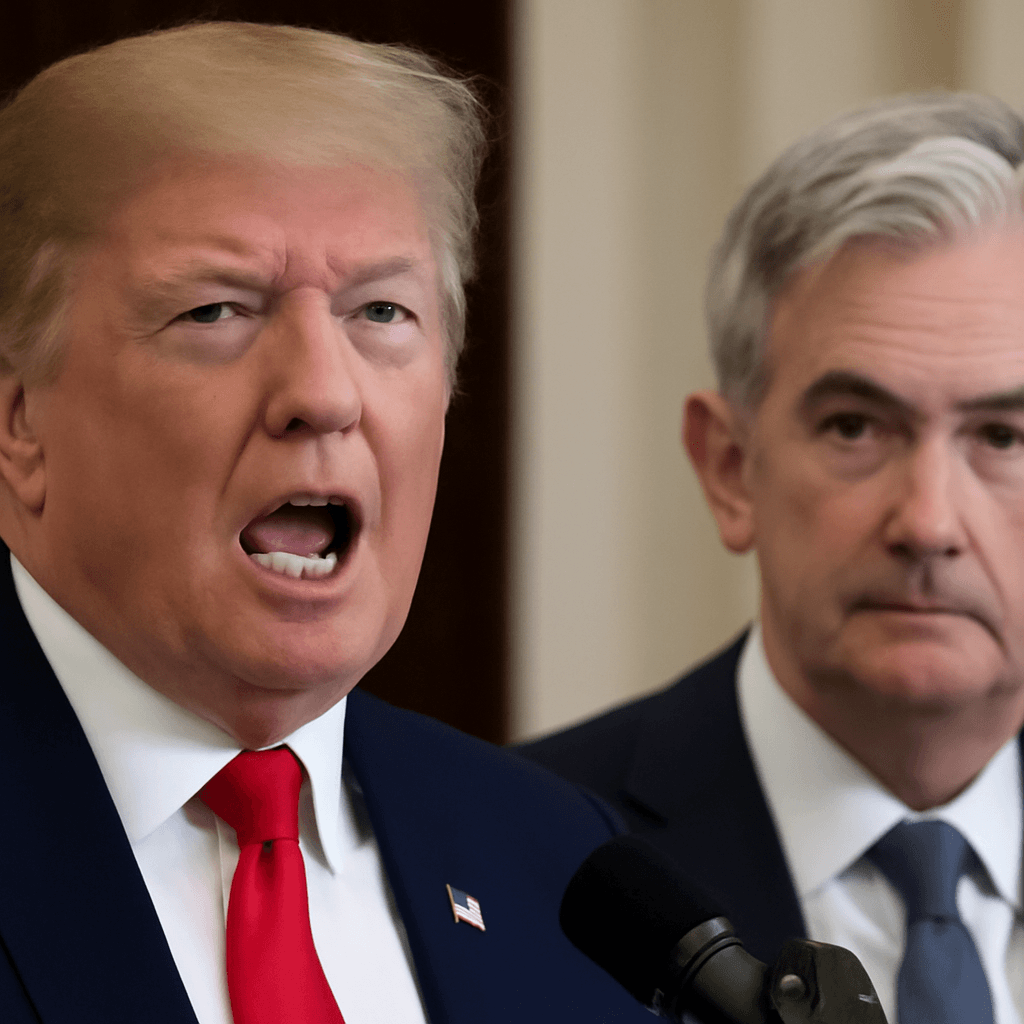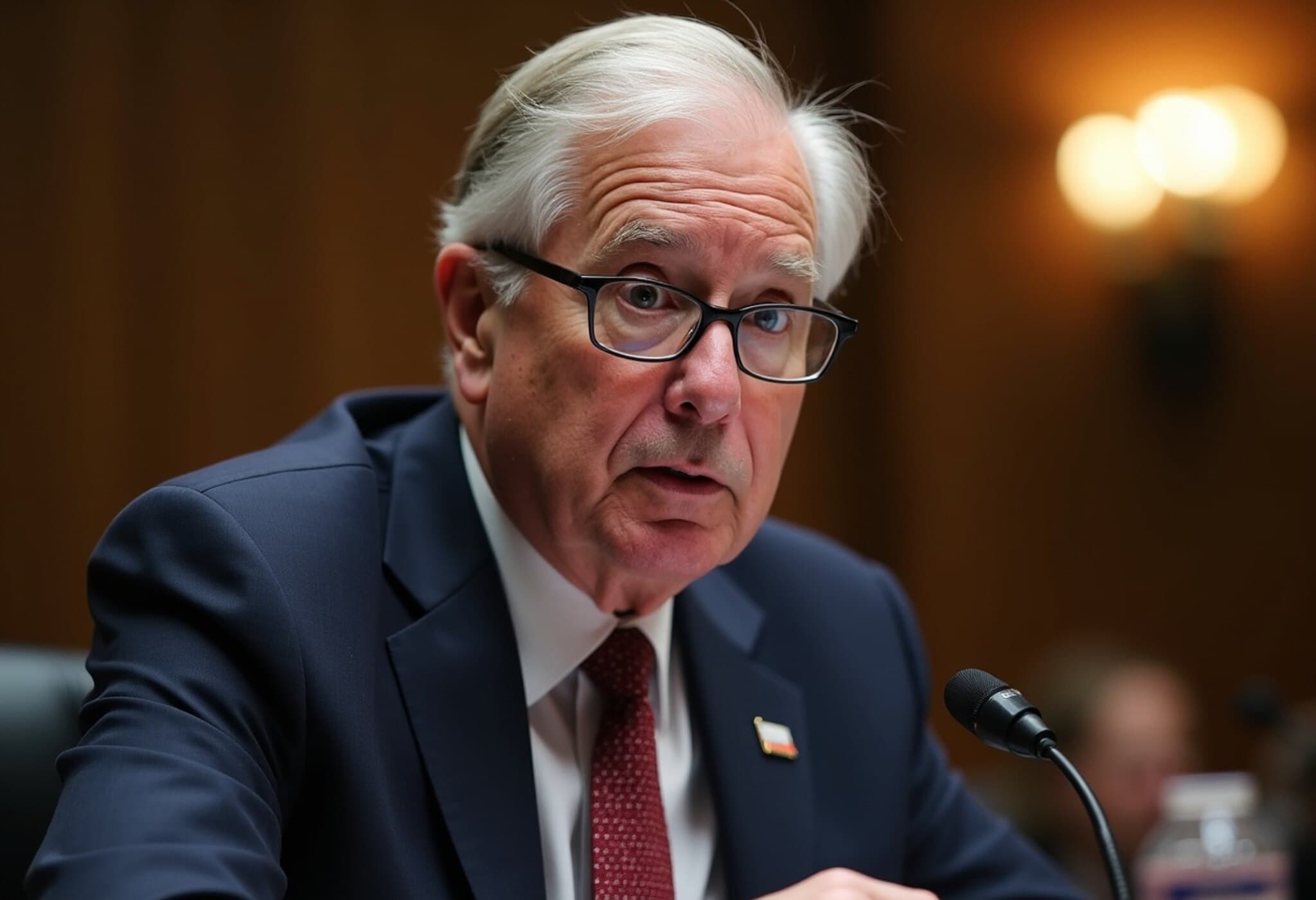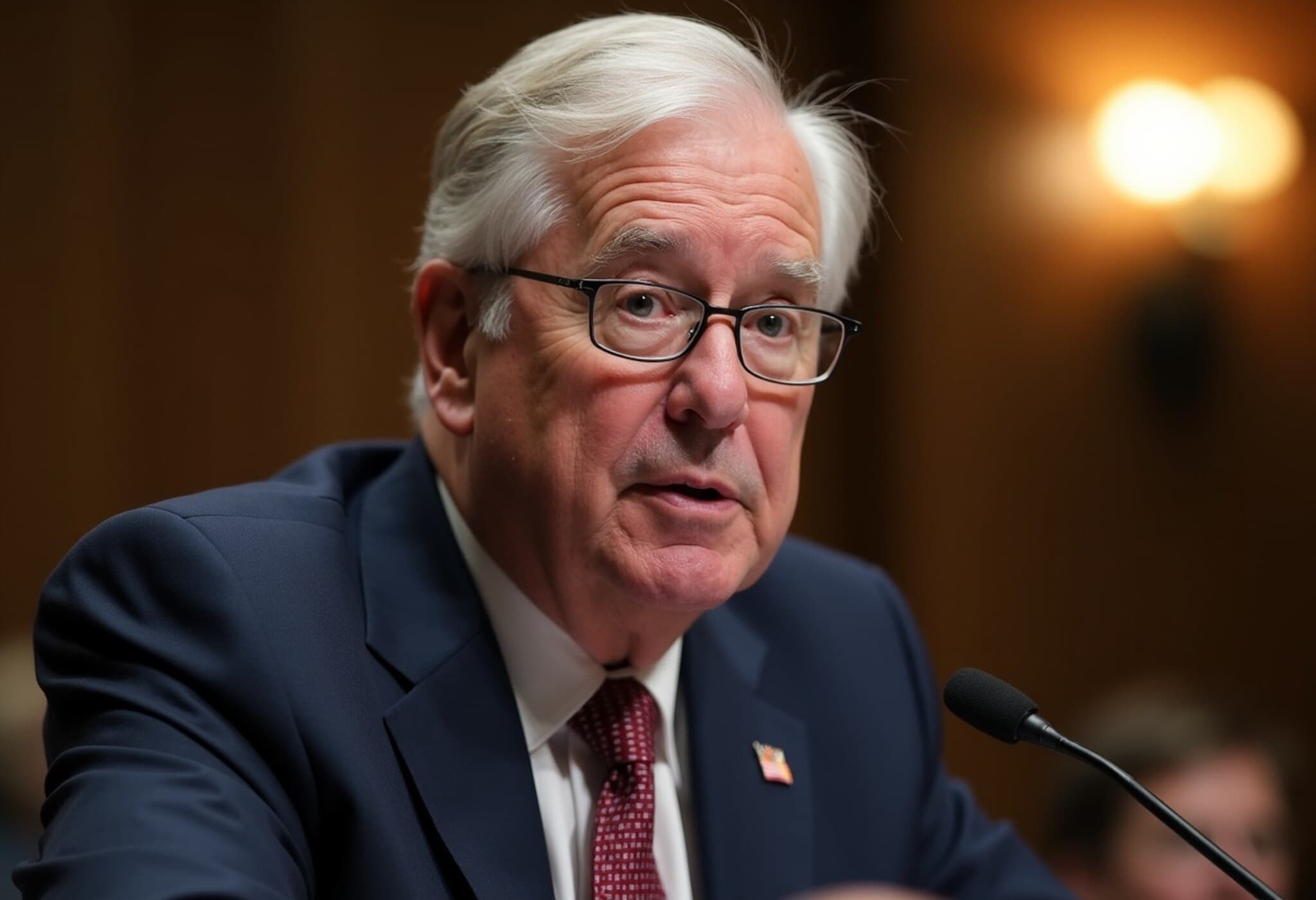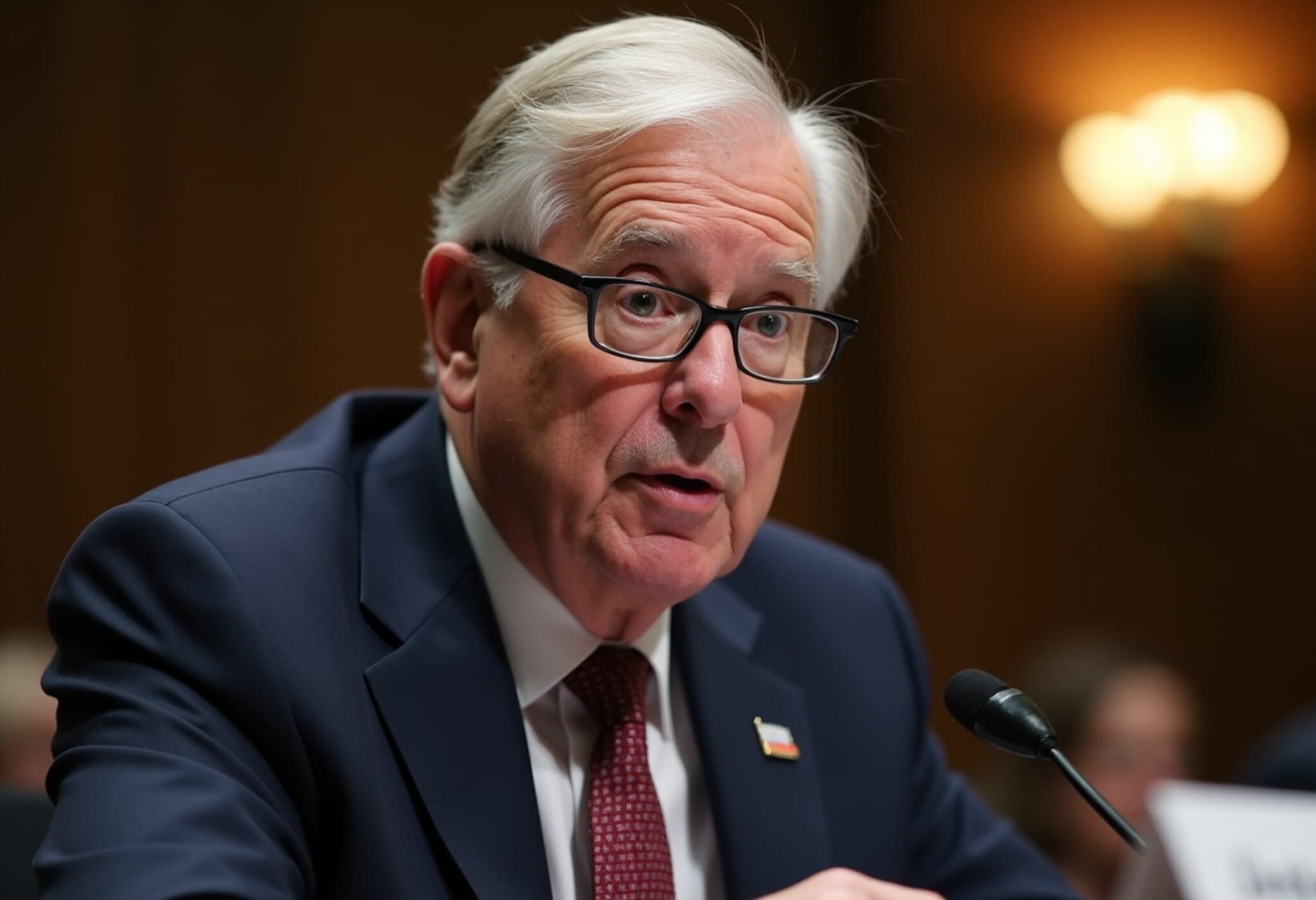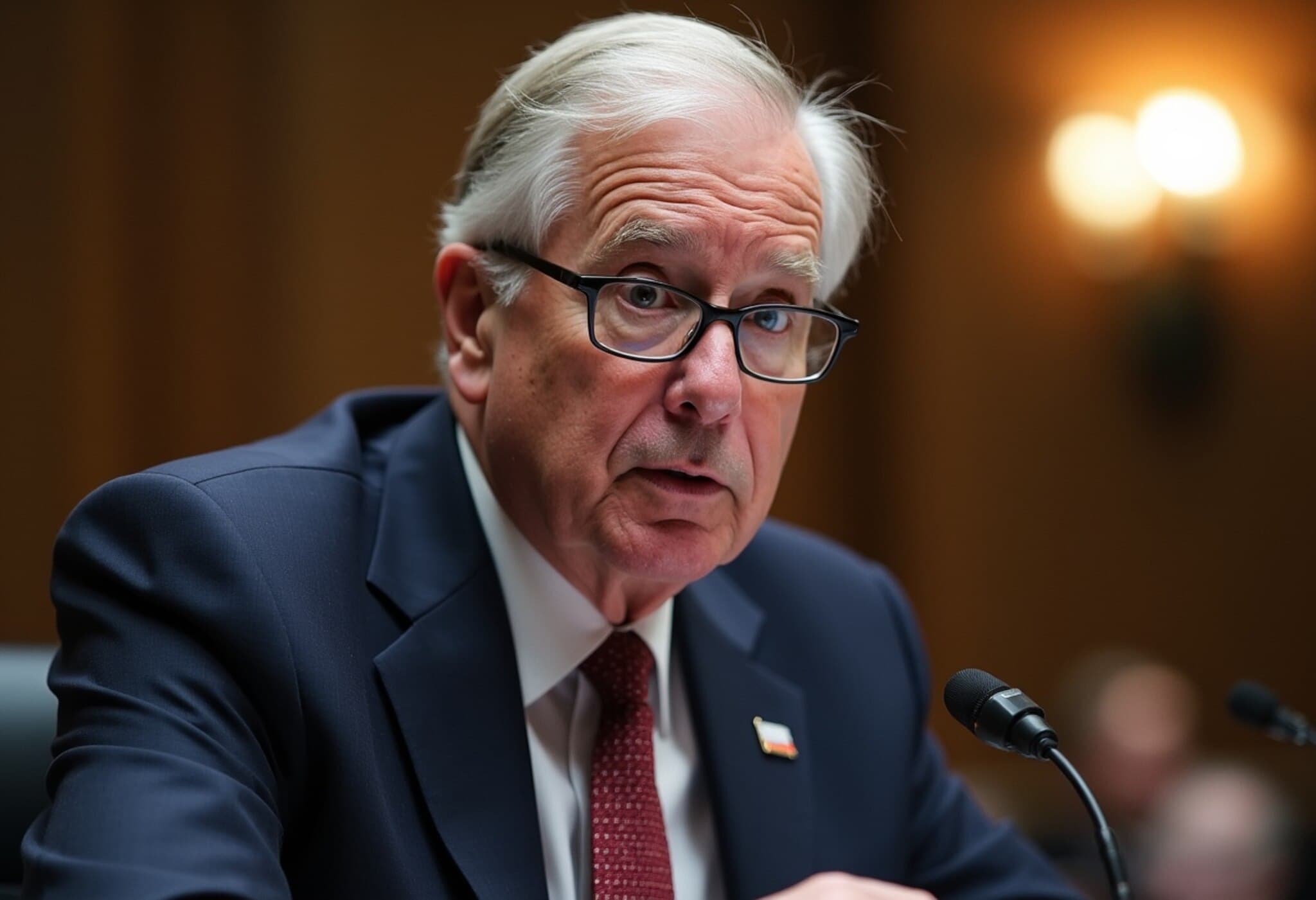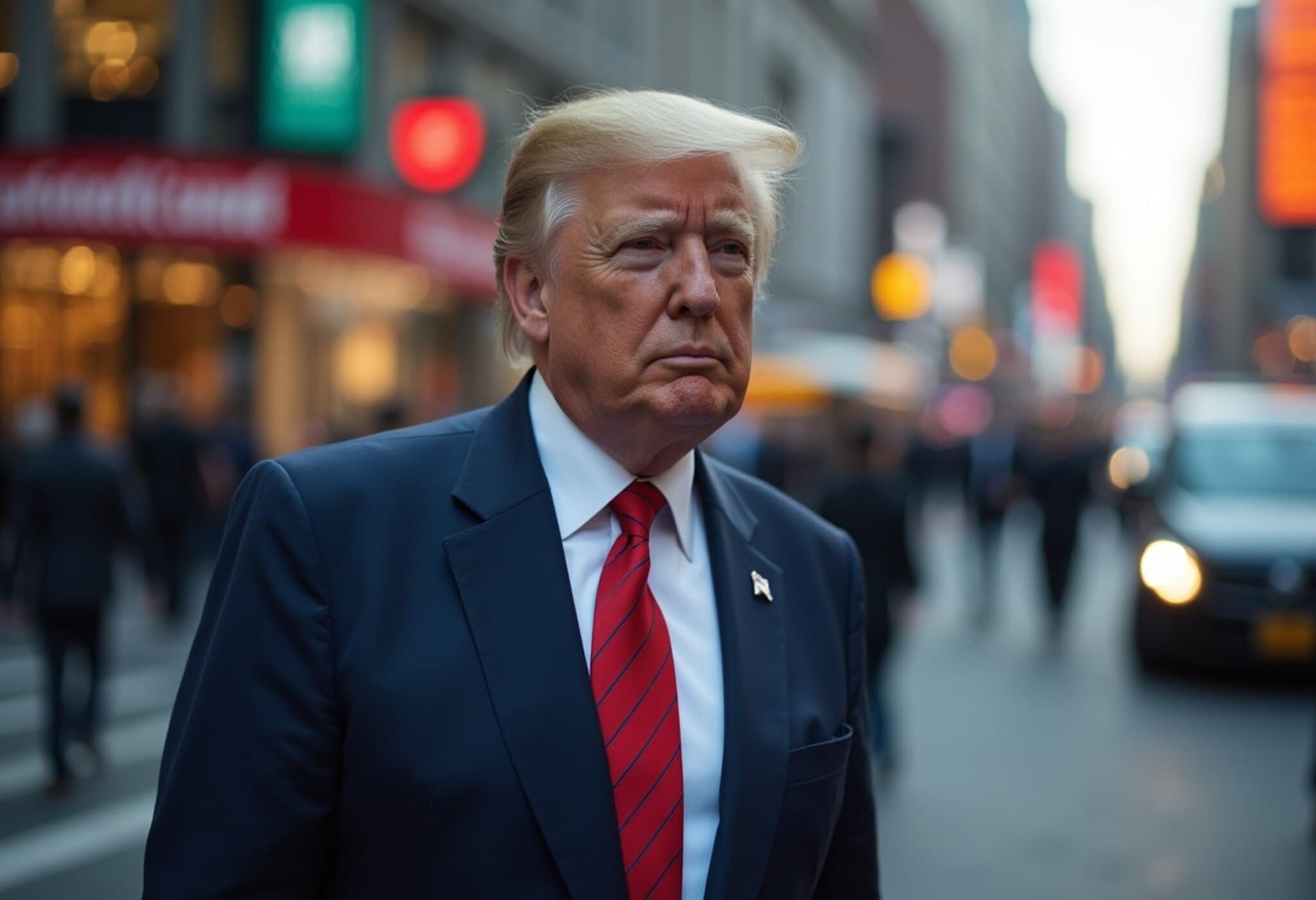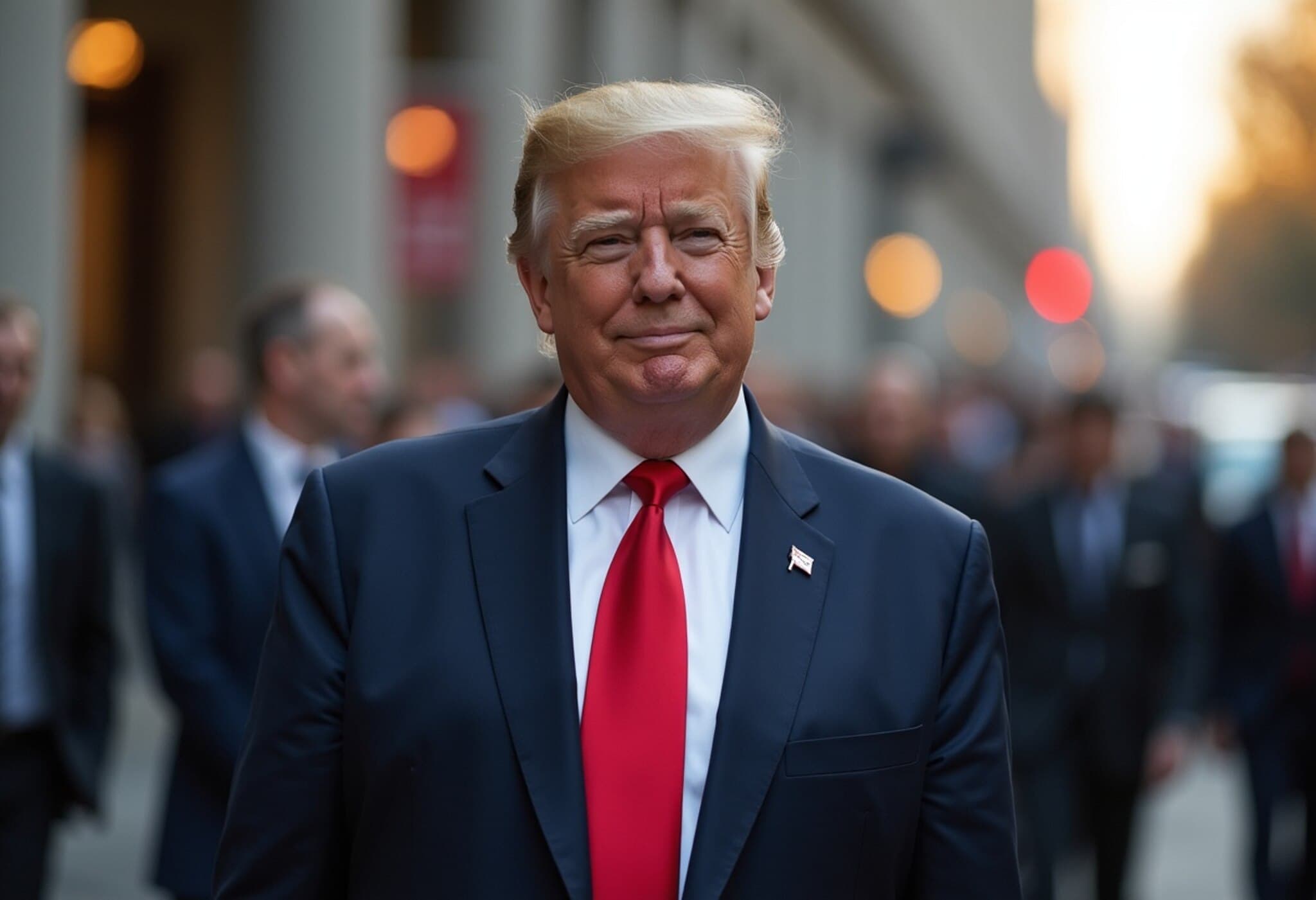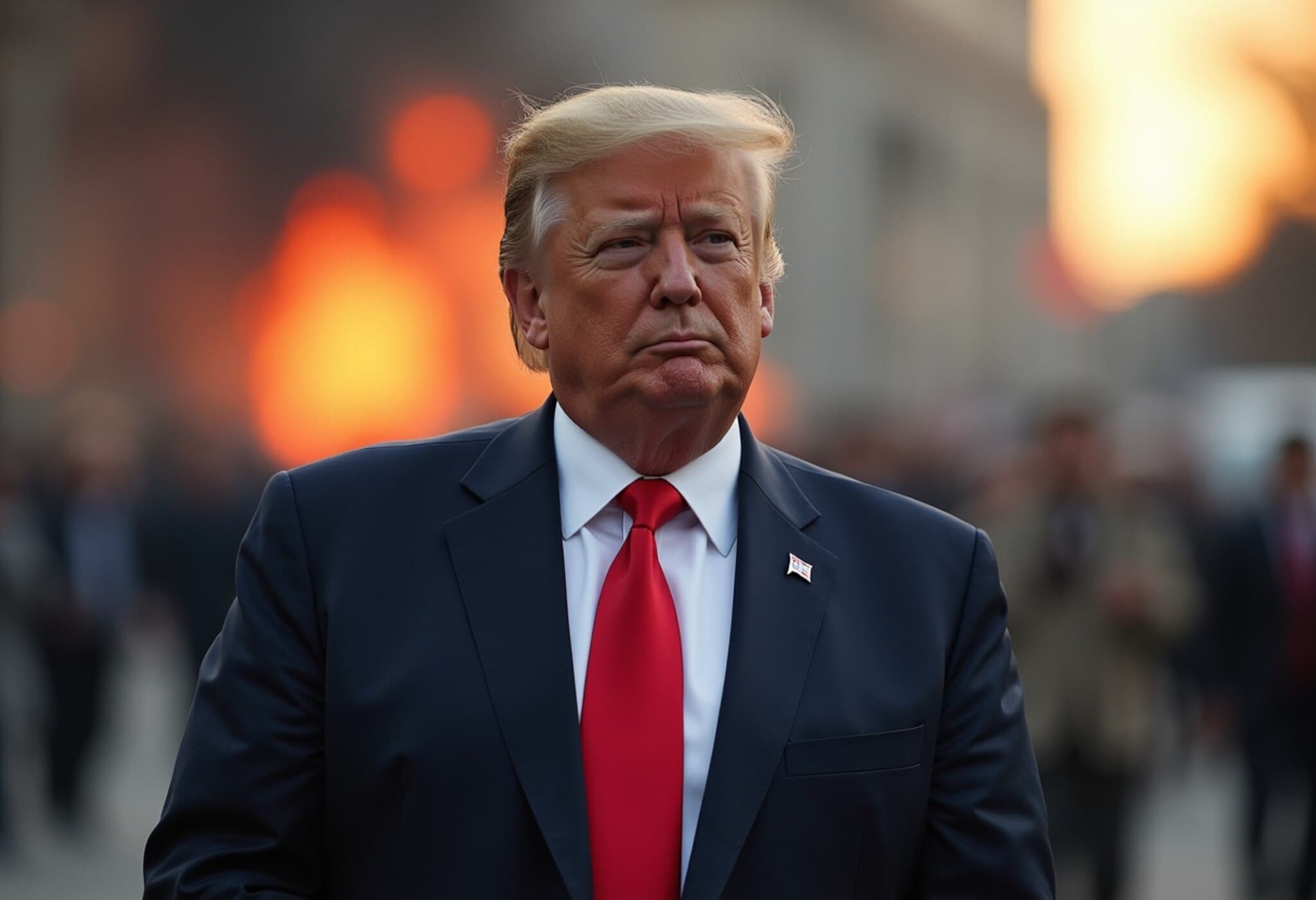Trump Plans to Dismiss Federal Reserve Chair Jerome Powell Amid Political Tensions
In a move stirring unease across financial markets and policy circles alike, former President Donald Trump is reportedly preparing to remove Federal Reserve Chair Jerome Powell from his position. This decision, anticipated soon after certain Republican lawmakers voiced support for the action, threatens to undermine the long-established independence of the United States' central banking system.
The Context: An Unprecedented Presidential Decision
Since its inception over a century ago, the Federal Reserve has operated with a degree of autonomy designed to shield monetary policy from political influence. Firing a Fed Chair is virtually unheard of, and no previous president has taken such drastic steps simply due to disagreements over policy direction.
According to multiple media outlets including The New York Times and Bloomberg, Trump consulted Republican lawmakers with a draft letter proposing Powell’s dismissal. Reports indicate Trump desires to replace Powell with an individual more amenable to his preferences, particularly favoring aggressive interest rate cuts, regardless of prevailing economic indicators.
Monetary Policy at Stake: Independence vs. Political Pressure
Jerome Powell has consistently emphasized the Federal Reserve’s commitment to basing interest rate decisions solely on economic data such as inflation and employment figures, rather than on political considerations. This principled stance underpins confidence in the Fed’s ability to maintain price stability and ensure economic growth.
Trump’s indication to dismiss Powell largely originates from frustration over interest rate policies that he perceives as too restrictive or politically inconvenient. Yet, forcing a leadership change for policy disagreements raises critical legal and constitutional questions.
Legal Framework and Supreme Court Implications
While the president technically holds the authority to remove the Fed Chair, the Federal Reserve Act limits such removal to causes like neglect of duty, inefficiency, or malfeasance — criteria that legal scholars interpret strictly.
Policy disagreement does not traditionally qualify as 'cause,' which suggests that a firing motivated by political objectives could face judicial scrutiny. Nevertheless, with a conservative-leaning Supreme Court shaped significantly by Trump’s previous appointments, any legal challenges might encounter considerable headwinds.
Potential Market and Economic Fallout
The prospect of politicizing the Federal Reserve's leadership risks undermining investor confidence and destabilizing financial markets. A perceived erosion of the Fed’s autonomy could prompt increased market volatility, higher borrowing costs, and uncertainty among international economic partners.
Experts warn that such a move could set a dangerous precedent, blurring the lines between executive power and independent regulatory institutions — a cornerstone of U.S. economic governance.
Expert Insights and Broader Implications
- Monetary Policy Experts: Economists caution that allowing political influence to steer interest rate decisions can accelerate inflation or stifle sustainable growth.
- Legal Analysts: The ambiguity around 'cause' for dismissal invites potential constitutional litigation, underscoring the importance of judicial independence in upholding checks and balances.
- Political Analysts: The move fits into a broader pattern of executive assertiveness challenging institutional autonomy, raising alarms about potential long-term impacts on governance norms.
Conclusion: A Crossroads for U.S. Economic Governance
As the nation watches this unprecedented situation unfold, stakeholders from Wall Street to Main Street face uncertainty about the future stewardship of America's monetary policy. Whether this firing materializes, it underscores the delicate tension between political authority and independent economic oversight — a balance critical for preserving trust in both government and markets.
Editor's Note
The potential dismissal of Federal Reserve Chair Jerome Powell by President Trump raises fundamental questions about the independence of the U.S. central bank. Readers should consider how politicizing monetary policy could reshape economic stability and democratic checks and balances. What precedent does this set for future administrations, and how might global markets respond? Staying informed and critically engaged is vital as this story develops.

